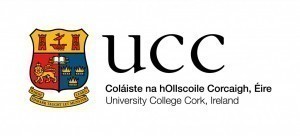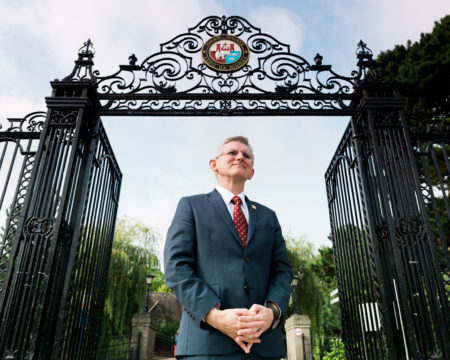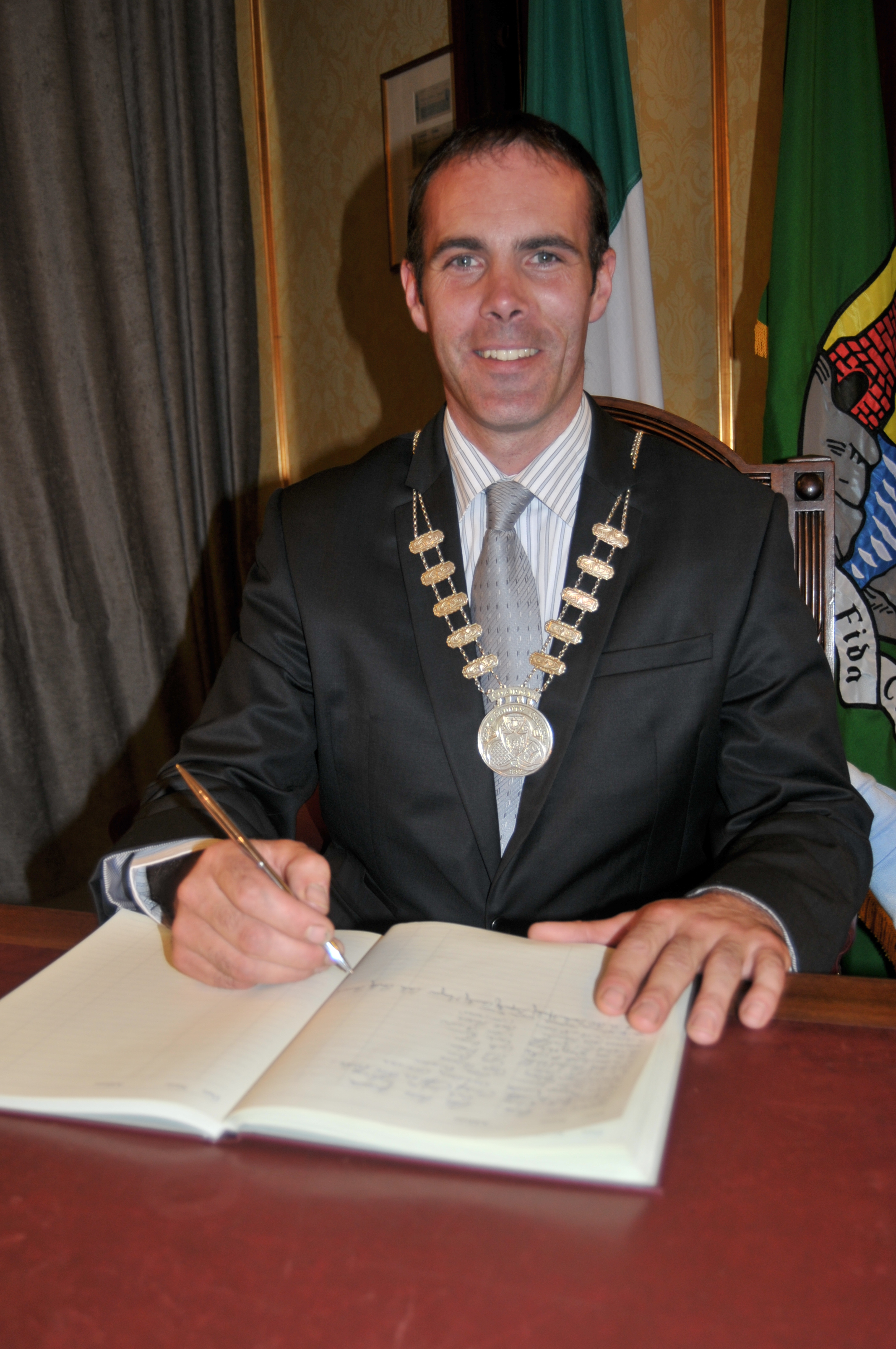26 September 2017
By Bryan Smyth
bryan@TheCork.ie
University College Cork (UCC) has unveiled its €350 million investment plan which will create more than 500 new construction jobs in Cork over the next five years.
Announcing his strategic plan this morning (9am, Tues, Sept 26), UCC President, Professor Patrick O’Shea, outlined the development goals for UCC which include major capital projects and significant targets in the areas of philanthropy and student recruitment, national and international.

The main pillars of the plan include:
Curriculum development – implement an academic strategy to deliver an outstanding, student-centred teaching and learning experience with a renewed, responsive and research led curriculum at its core
- Student numbers – increase student numbers by 2,000, from 21,000 to 23,000
- Increase the number of international students from 3,300 to 4,400
- Expand campus space by 20%
- Extend the income earned from philanthropy by €100 million
The strategic plan 2017 – 2022 includes a number of academic targets including:
- Achieve 26% of the student intake through access admissions routes
- Achieve a 92% retention rate of 1st and 2nd-year students
- Sustain annual research income at over €90m
- Support 100 graduate-led companies through the UCC Ignite Programme in addition to 20 investment-ready high-potential spin-out companies;
- Underpin 125 commercial ventures assisted through Blackstone Launchpad.

UCC President, Professor Patrick O’Shea said:
“We are committed to ensuring that UCC becomes the location of choice for Irish and international students. Like myself, many of us are first-generation university graduates, and we are passionate about ensuring access to higher education.”
Amongst the key construction projects scheduled to progress within the plan’s time frame are: construction of new buildings for the Clinical Medical School, the Dental School, Cork University Business School, and a Creative Hub. The wide-ranging programme will also see the construction of improved facilities for the School of Law and the UCC library, as well as an upgrade of existing facilities to state-of-the-art standards, including the Kane Science Building and the Health Innovation Hub Ireland building at the Cork Science and Innovation Park. The plan also incorporates the construction of a modern Student Hub, new student accommodation (which will be created in addition to what is being built by private developers) and development of a world-class outdoor sports facility.
Finance for the strategic plan is through a European Investment Bank €100 million loan agreement, commercial loans, philanthropy and UCC’s own resources supporting the college’s overall €350 million development programme.
The main areas of investment encompass:
- €110m for the Cork University Business School
- €64m supporting Student Accommodation projects
- €37m to build a new Cork University Dental School, Research Centre & Hospital
- €27m to fund Western Campus Development, including phase 1 of the Cork Science & Innovation Park & Outdoor Sports Facilities
- Over €90m expenditure for a new Student Hub, ICT Services, facilities upgrade, building extensions as well as flood remedial works and Western Gateway infrastructure
- €23m to fund a new Clinical Medical School for the Cork Hospitals and associated research and health innovation activity and €10m investment across University Hospital Waterford, University Hospital Kerry and South Tipperary General Hospital.
Talking about the impact this would have on the Cork and wider region, UCC President Professor O’Shea said:
“Our creative spirit will enable our University to be entrepreneurial in creating more value than we consume for the moral, cultural and economic health of our people. We are a University in the community, of the community and for the community, committed to delivering value in a trustworthy and transparent fashion.
If we were to ask what our people wanted from life in Finbarr’s time it would simply have been to be healed and housed, fed and fuelled while living in a just society, where they were safe and free. Today, these aspirations are both local and global, and it is our duty to enable the realisation of these aspirations for humanity, now and into the future.”


